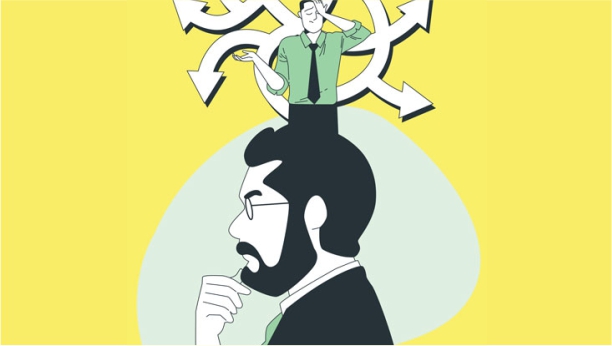
Our desire to defend our existing beliefs is a telling symptom of confirmation bias. We can avoid this by challenging our current beliefs, being open-minded and willing to consider new information, and evaluating all evidence objectively.
Log In or become an AIMA member to read more articles
